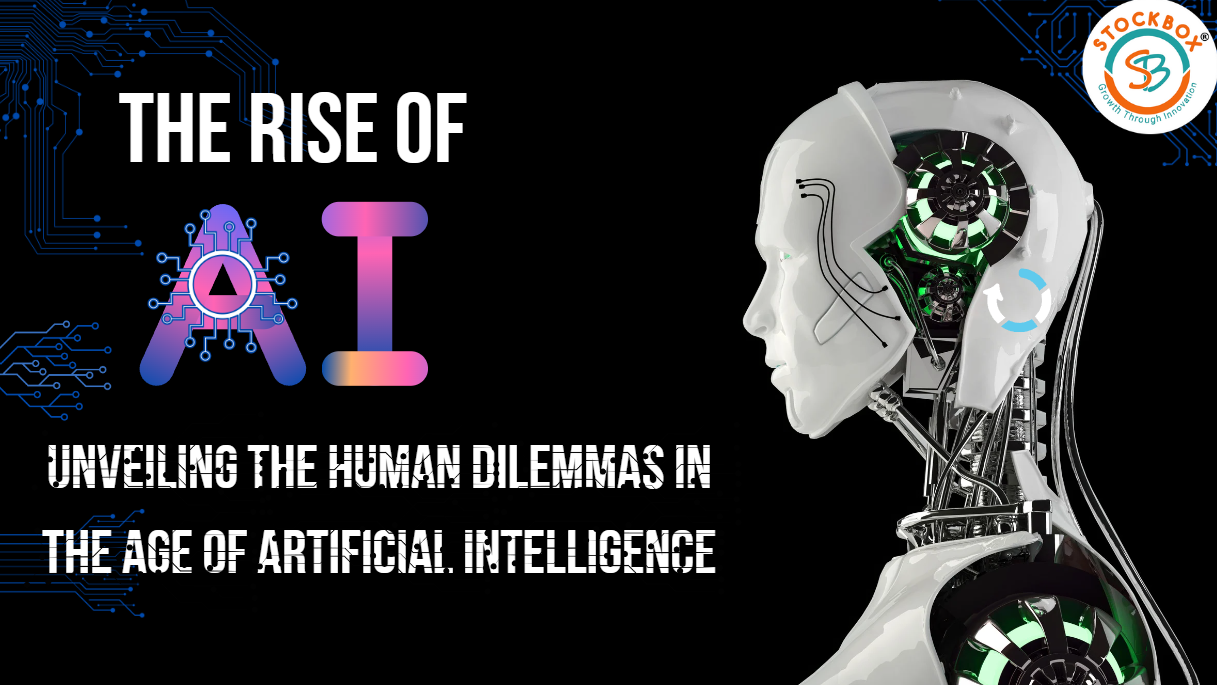Artificial intelligence (AI) has revolutionized many facets of our life and is currently sweeping the globe by storm. AI is now embedded in every aspect of our lives whether it is AI-powered assistants or intelligent homes or self-driving cars, the usage of AI can be seen in almost all aspect of our daily lives. But as AI’s popularity grows, it’s critical to be aware of the unforeseen consequences that could come with its broad usage. In this post, we examine the difficulties and challenges that people have to cope with as AI becomes more prevalent.
- Workforce transition: The influence of AI on employment markets serves as one of the primary challenges posed by the technology’s rising prominence. Many monotonous and boring jobs are gradually being substituted by smart devices due to the advancement in machine learning and automation skills. Although it opens up numerous fresh avenues, it also poses questions about job security and the necessity for programmes to up skill workers in order to facilitate a seamless workplace changeover.
- Ethical concerns: As AI algorithms advance in sophistication; they’re gaining the power to make judgments on their own. These actions may have profound impact on people’s lives. Along with this, the use of AI and machine learning may present ethical questions in the field of self driven cars, face recognition technologies, medical treatment, and other such technologies. Therefore, in order to minimize possible harm and make sure that these systems are utilized ethically for the greater benefit, concerns like confidentiality, discrimination, credibility, and accountability need to be addressed properly.
- Humans and AI interaction: As AI becomes increasingly common in everyday activities; our relationship with technology is also evolving. While chat bots and virtual assistants fueled by AI provide productivity and functionality, they additionally pose problems for interpersonal relationships and understanding. It’s essential to strike equilibrium between actual human connection and automated technology in order to preserve our social cohesion.
- Data Privacy: For learning and making precise projections, AI systems depend largely on enormous volumes of information. This dependency brought up questions concerning privacy and security of data. It is crucial to secure confidential data from compromises and unauthorized access as AI-driven systems collect and handle private information. All this require strong cybersecurity protocols and strict legislation.
- Increased dependency: As AI advances; there is a chance that our reliance on automation may increase. We might depend too much on AI systems for anything form basic info like navigation to complicated decision-making processes. This may reduce our innovation and the capacity for critical thinking. To avoid these issues and keep our capacity for independent thought, it is essential to strike a balance between our dependence on AI and our human creativity.
The rising adoption of AI offers tremendous opportunity for advancement, comfort, and effectiveness. Yet it remains essential for everybody to be aware of the risks that come with its broad acceptance. We can maximize AI’s advantages while minimising its possible drawbacks by striking the appropriate balance, bringing in a period wherein technologies and mankind can thrive together.

